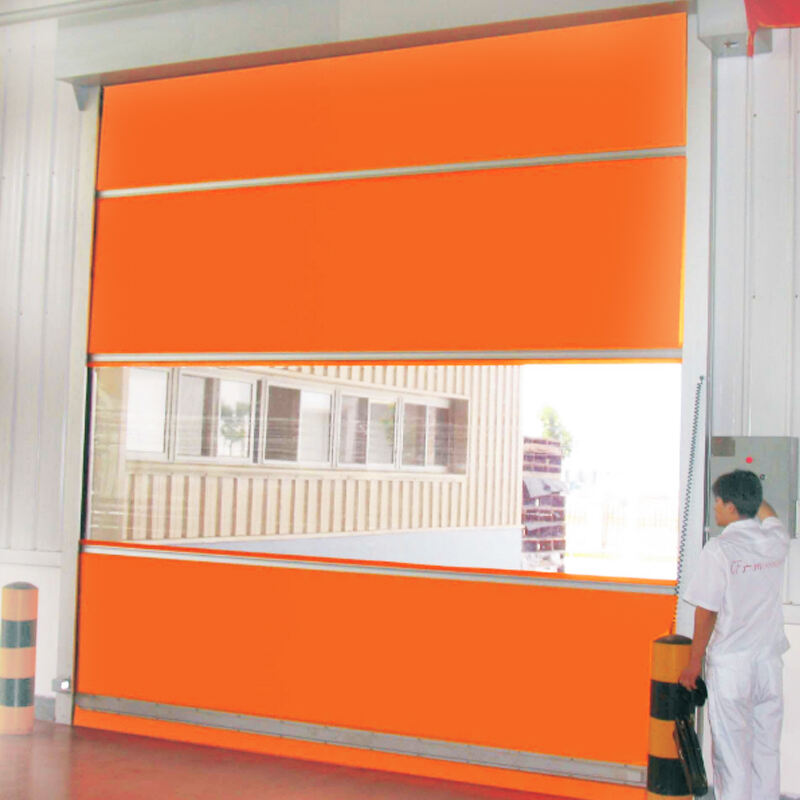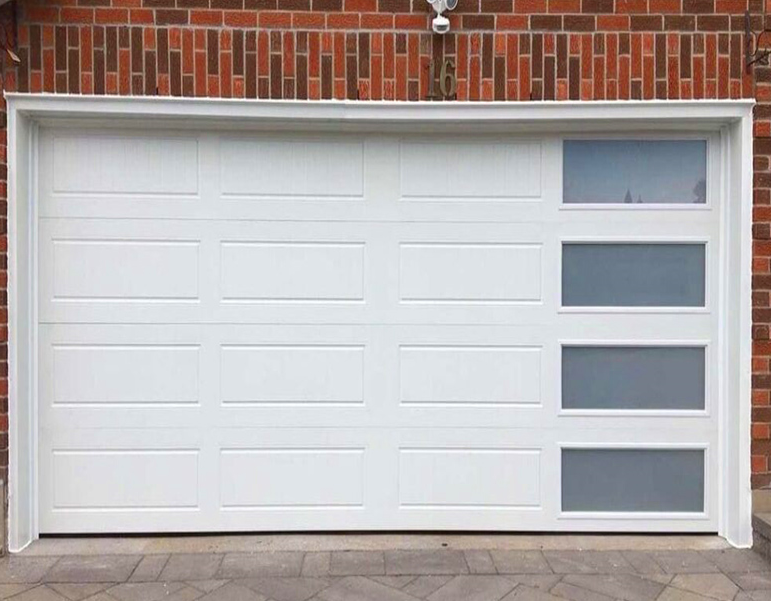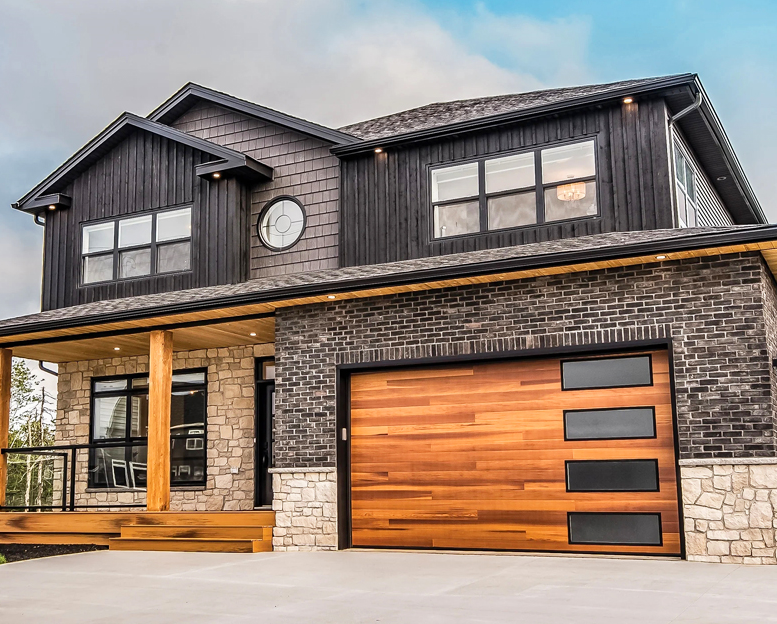insulated panels price
Insulated panels price represents a crucial consideration in modern construction, offering a balance between cost-effectiveness and performance. These panels, comprising two metal facings with an insulating core, provide superior thermal efficiency and structural integrity. The price typically ranges from $20 to $40 per square foot, depending on factors such as panel thickness, insulation material quality, and surface finish options. Advanced manufacturing processes incorporate various core materials, including polyurethane, polyisocyanurate, or mineral wool, each contributing to different price points and performance levels. The panels' design ensures quick installation, reducing labor costs significantly compared to traditional building methods. Market analysis shows that while initial investment may be higher than conventional materials, the long-term energy savings and reduced maintenance costs justify the expenditure. Manufacturers offer various specifications, from basic industrial applications to high-end architectural finishes, with prices reflecting these different quality levels. The cost also factors in features like fire resistance ratings, weather resistance capabilities, and acoustic performance. Modern production techniques have helped stabilize prices while improving quality standards, making insulated panels an increasingly attractive option for both commercial and residential construction projects.


